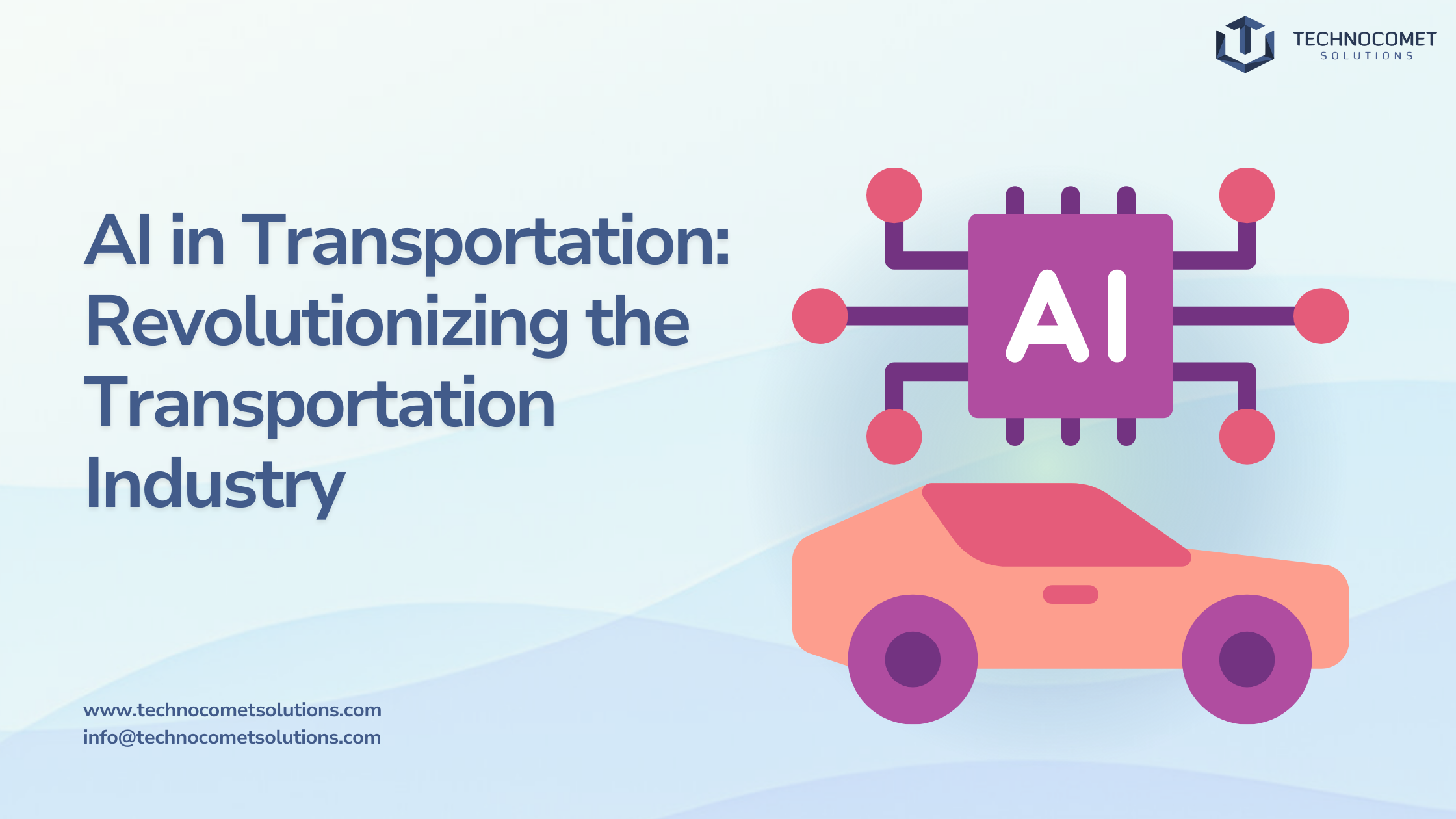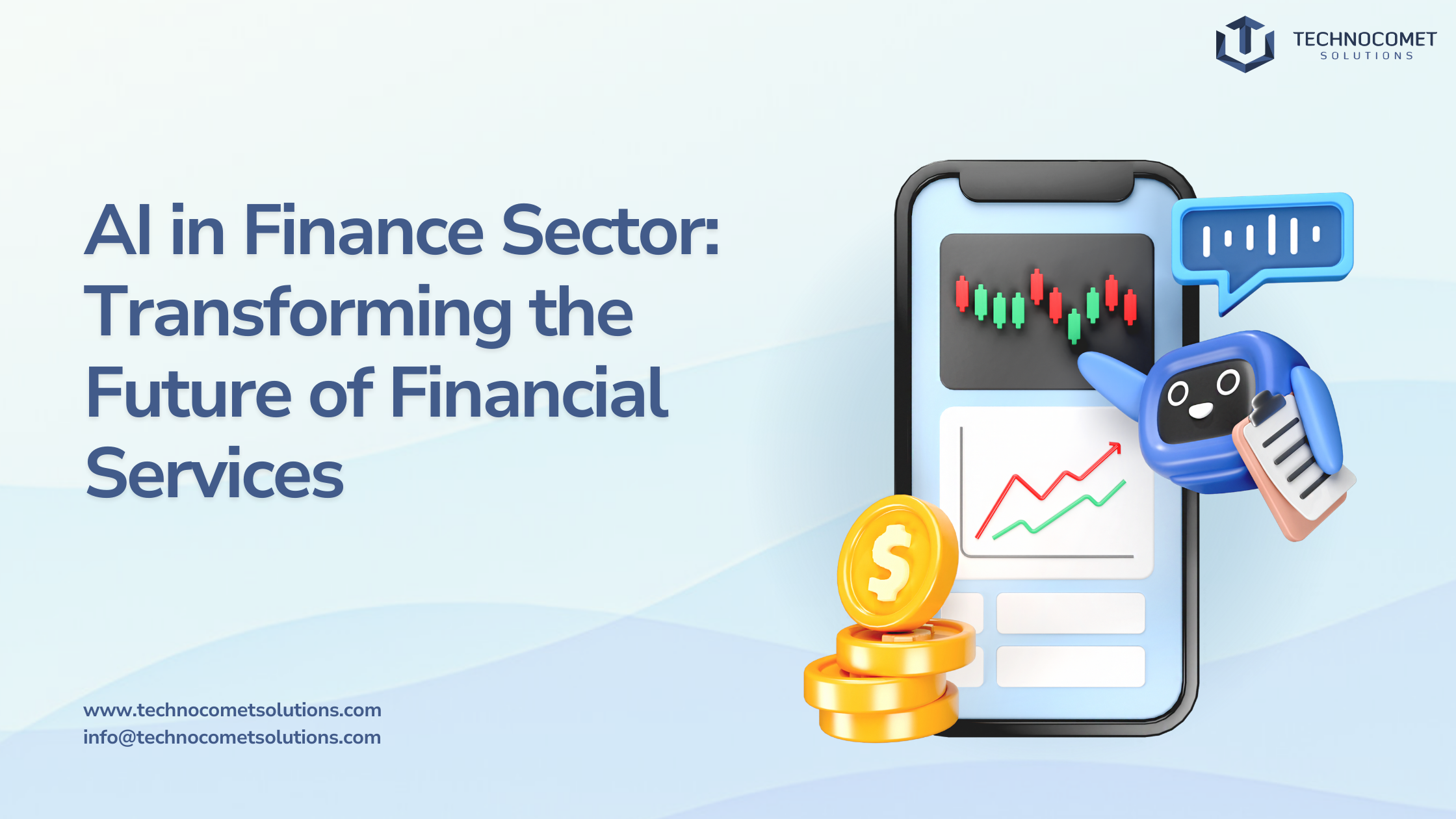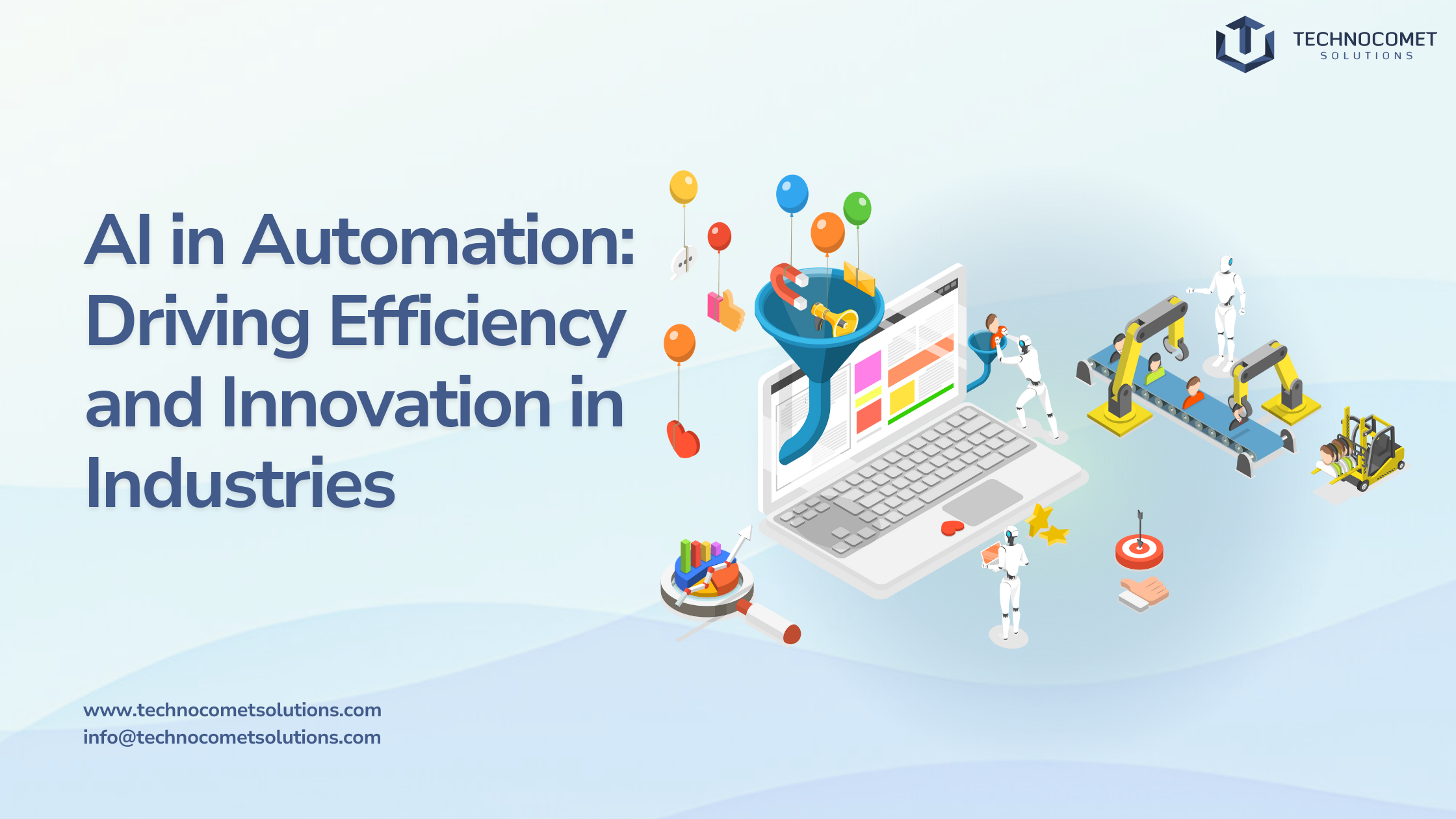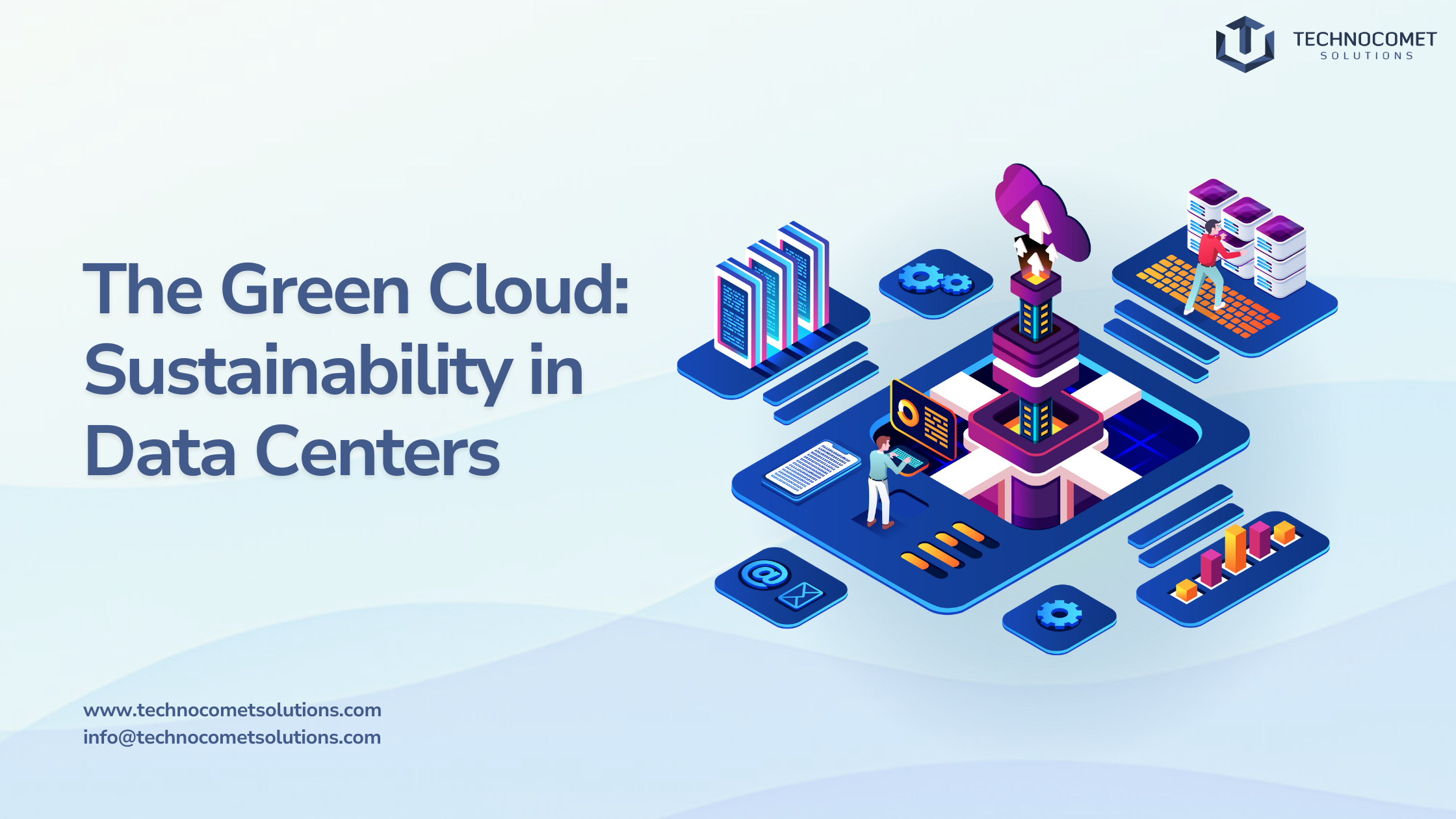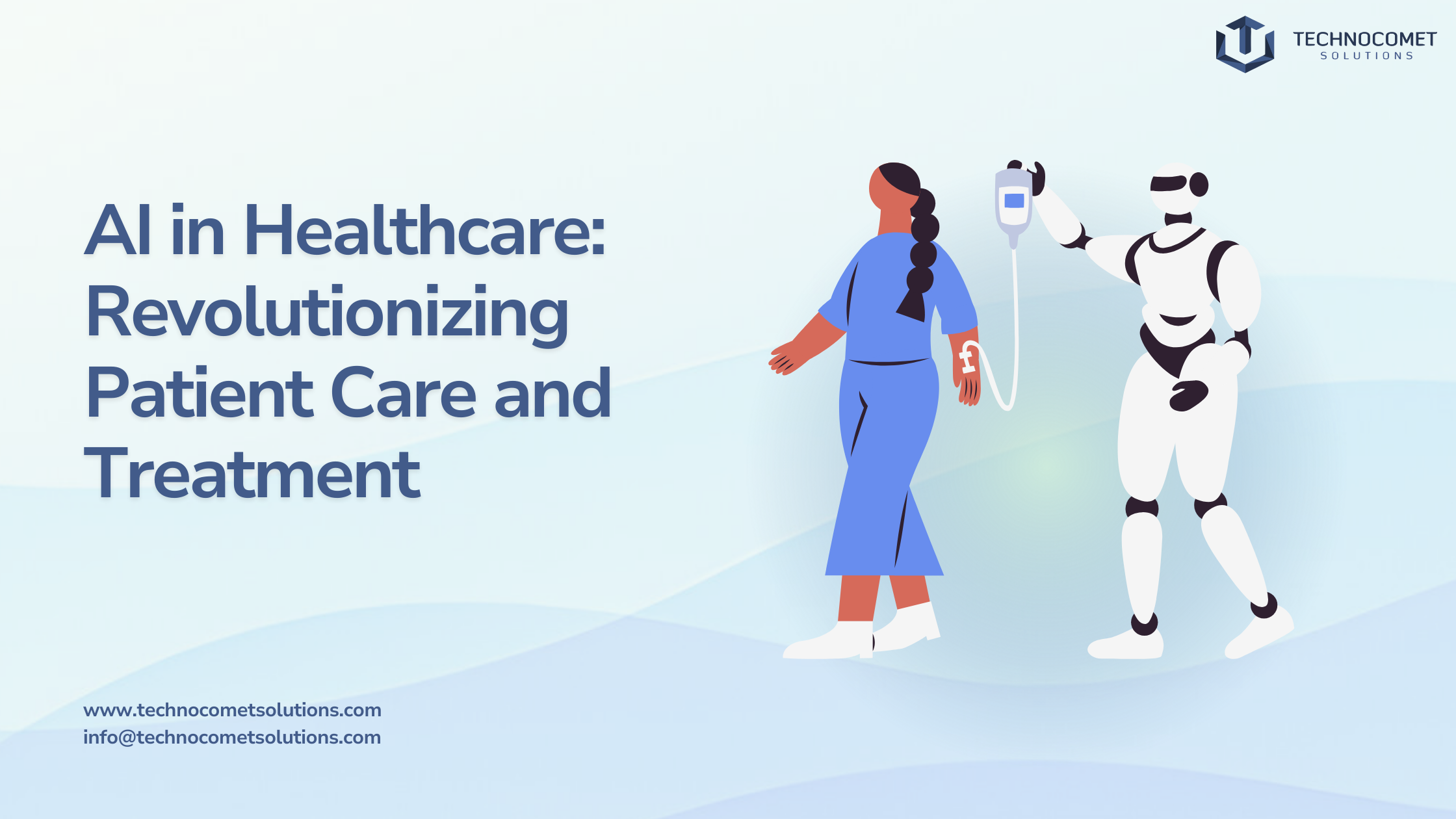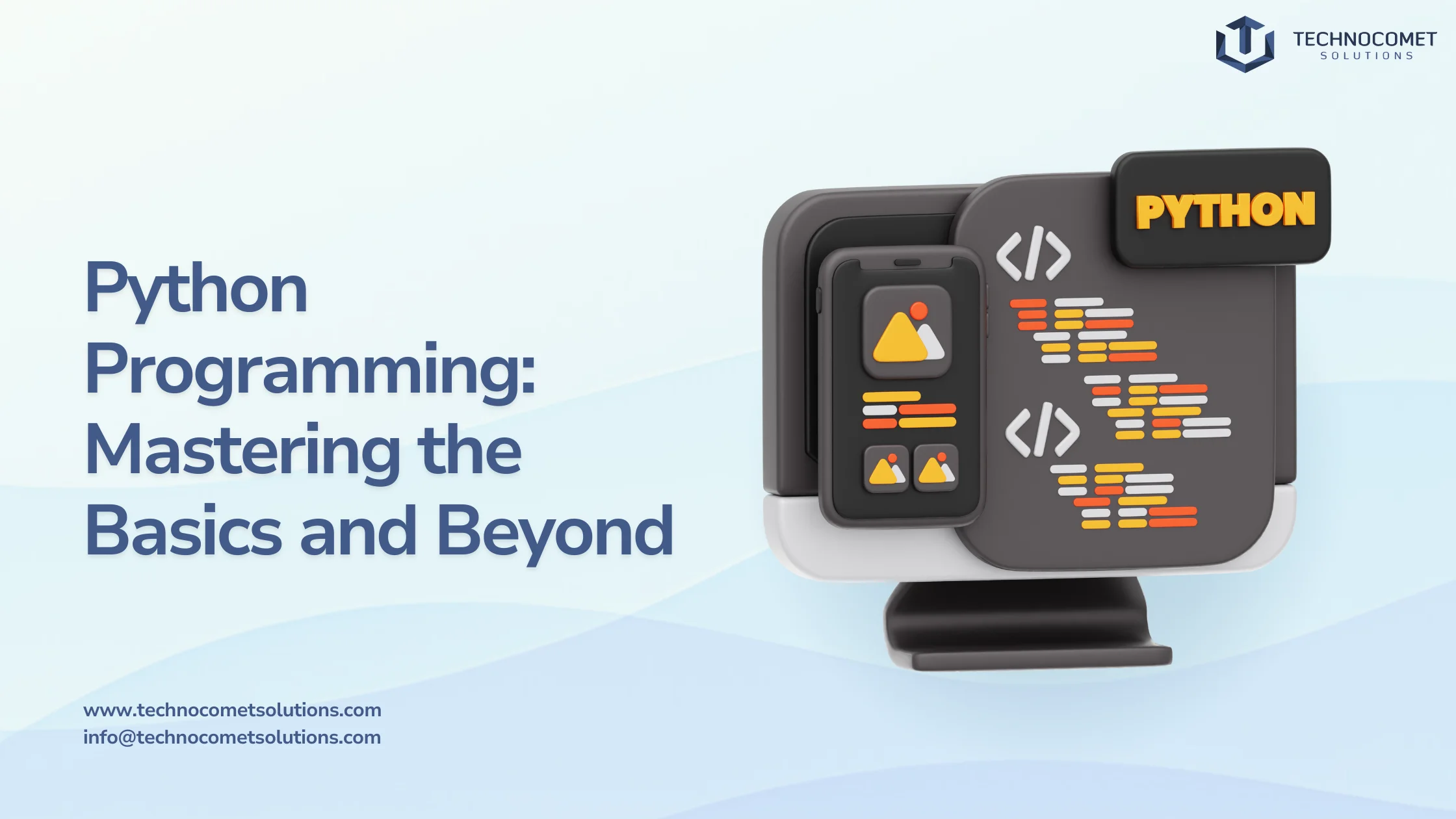Introduction
The transportation industry is undergoing a significant transformation, driven by the integration of artificial intelligence (AI) into various systems and processes. This evolution is not just about technology; it is about reshaping how we move, manage traffic, and optimize logistics. The arrival of AI in transportation brings with it numerous benefits that enhance safety, efficiency, and user experience.
How AI is Shaping the Future of Mobility
AI in transportation is revolutionizing how we think about mobility. From autonomous vehicles to smart traffic management systems, AI is at the forefront of creating a seamless travel experience. The global market for AI in transportation is projected to reach around $6.3 billion by 2030, indicating the growing interest and investment in this technology.
Key Benefits of AI Integration in Transportation Systems
Enhanced safety in AI systems can analyze vast amounts of data to predict and mitigate risks, significantly reducing accident rates. Improved efficiency in AI optimizes routes and schedules, leading to reduced travel times and operational costs. A better user experience in AI-driven applications provides real-time updates and personalized travel options, making commutes more convenient.
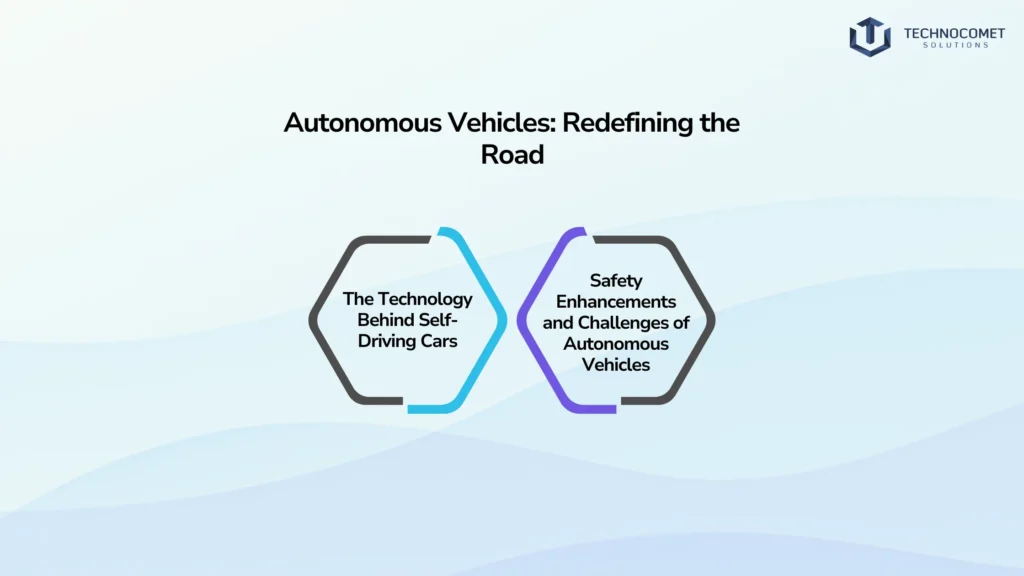
Autonomous Vehicles: Redefining the Road
The Technology Behind Self-Driving Cars
Self-driving cars rely on machine learning, computer vision, and deep learning to interpret their surroundings. They process data from cameras and sensors to identify obstacles, traffic signals, and road conditions. This technology allows them to make real-time decisions, enhancing road safety and efficiency.
Safety Enhancements and Challenges of Autonomous Vehicles
While autonomous vehicles promise to reduce human error, they also face challenges. Issues such as unpredictable weather, complex traffic scenarios, and the need for extensive data to train AI models remain significant hurdles. However, ongoing advancements in AI technology are expected to address these challenges effectively.
AI in Traffic Management and Optimization
Intelligent Traffic Signals
AI-powered traffic signals can adapt to real-time traffic conditions, reducing congestion and improving travel times. By analyzing data from various sources, these systems can adjust signal timings to enhance the flow of vehicles and pedestrians.
Predictive Analytics for Better Traffic Flow and Planning
Predictive analytics uses historical data to forecast traffic patterns, allowing city planners to make informed decisions about infrastructure improvements. This proactive approach can lead to more efficient transportation networks and reduced congestion.
Revolutionizing Public Transportation with AI
AI-Driven Scheduling and Route Optimization
AI algorithms analyze passenger data to optimize bus and train schedules, ensuring that services meet demand. This results in fewer delays and improved service reliability, making public transport a more attractive option for commuters.
Enhancing Passenger Experience Through Smart Systems
Smart systems powered by AI can provide passengers with real-time updates on schedules, delays, and available services. This information enhances the overall travel experience, making public transportation more user-friendly.
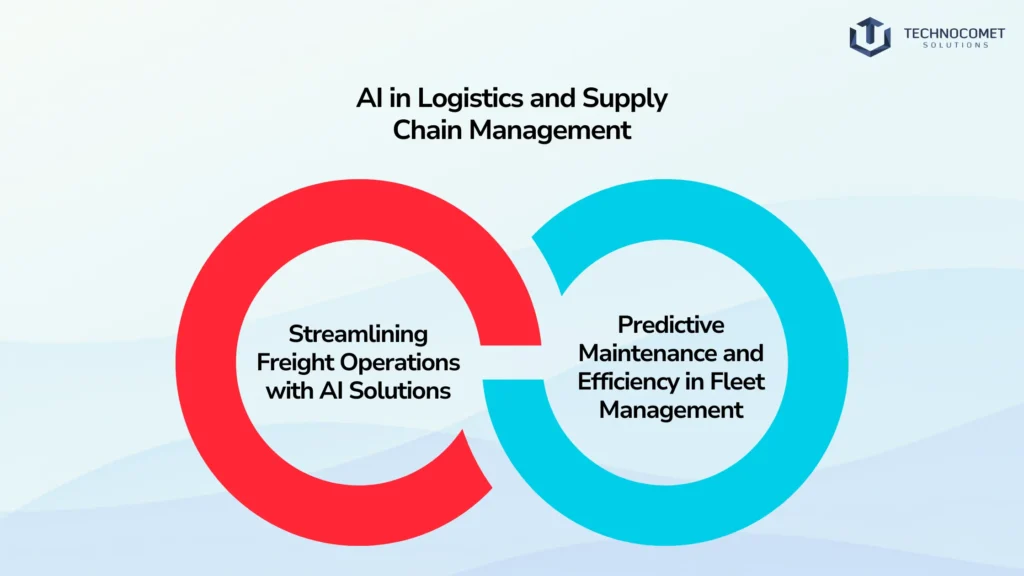
AI in Logistics and Supply Chain Management
Streamlining Freight Operations with AI Solutions
AI technologies optimize freight operations by improving route planning, reducing fuel consumption, and enhancing delivery times. This not only saves money but also reduces the environmental impact of transportation.
Predictive Maintenance and Efficiency in Fleet Management
AI systems can predict when maintenance is needed for vehicles, preventing breakdowns and ensuring that fleets operate efficiently. This proactive maintenance approach reduces downtime and extends the lifespan of vehicles.
Challenges and Future Prospects of AI in Transportation
Addressing Privacy and Security Concerns
As AI systems collect and analyze vast amounts of data, concerns about privacy and security arise. Ensuring that data is handled responsibly and securely is crucial for gaining public trust in these technologies.
Innovations and Future Trends in AI Transportation
Looking forward, the future of AI in transportation is bright. Innovations such as smart cities, where AI optimizes all aspects of urban mobility, are on the horizon. As technology continues to evolve, the potential for AI to enhance transportation systems will only grow.
Conclusion
AI in transportation is not just a trend; it is a fundamental shift in how we manage mobility. From autonomous vehicles to intelligent traffic management, AI is reshaping the future of transportation. By improving safety, efficiency, and user experience, AI is set to revolutionize the way we travel, making our cities smarter and our journeys more enjoyable. As we continue to explore the possibilities of AI in transportation, it is clear that we are only scratching the surface of its potential impact. The journey ahead promises to be exciting and transformative.
For those looking to embrace the future of mobility, TechnoComet Solutions Company is here to help. Our IT services into your transportation systems, ensuring you stay ahead in this rapidly evolving industry. Contact us today!

